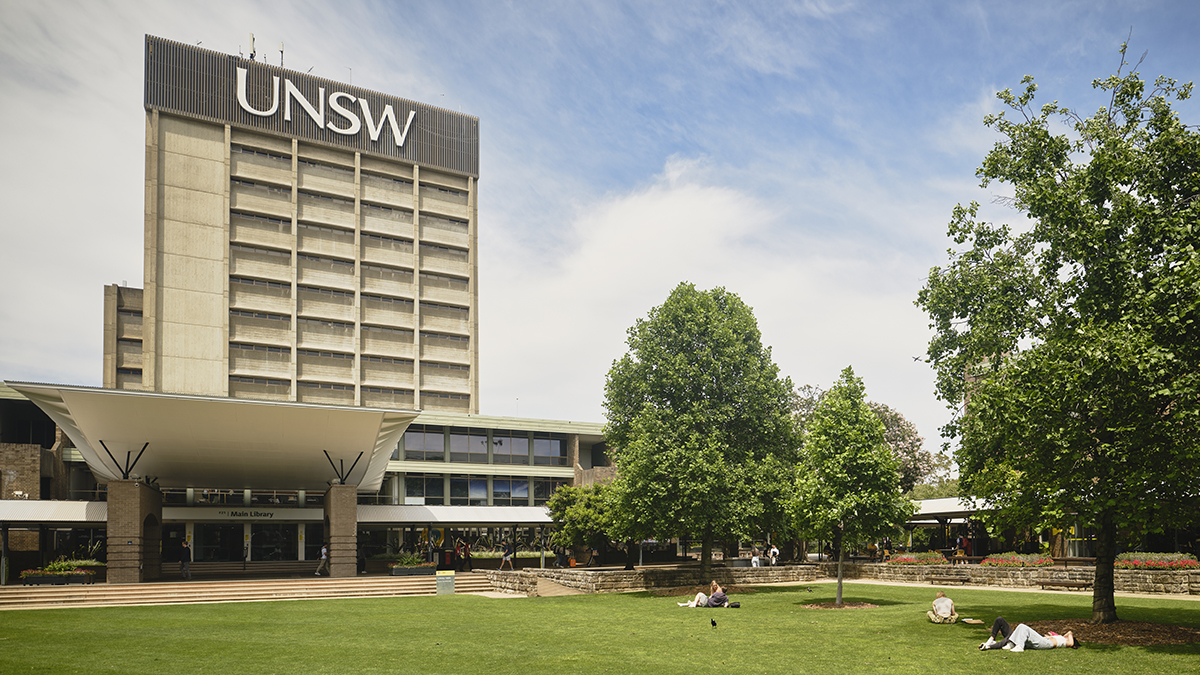
We are putting into practice the University’s commitment to delivering benefits for society.
Taking a collaborative approach
UNSW’s 2024 rankings of =11th in the QS World Rankings for Sustainability and 7th in the Times Higher Education (THE) Impact Ranking are driven by the success of the University’s sustainability impact outcomes. Delivering progress for all invites a multistakeholder approach across UNSW to put into practice our commitment to delivering societal impact.
UNSW’s Sustainable Procurement Framework and Modern Slavery Strategy were developed collaboratively under a shared commitment to align policies, procedures and business practices with the University’s sustainability focus areas. Finance, Procurement, Environmental Sustainability, Legal & Compliance, Risk, EDI, Research and Future Students informed and designed the University’s approach to sustainable sourcing and anti-slavery initiatives.
Sustainable Procurement Framework
UNSW has a complex supply chain and sources an extensive range of products and services from suppliers based both locally and offshore. The footprint of our purchasing activities calls for risk assessments and risk mitigation across three pillars:
- environmental sustainability
- modern slavery, human and labour rights
- social procurement.
UNSW’s Sustainable Procurement Framework was endorsed by the University Leadership Team (ULT) in July 2024. The Framework aims to deliver outstanding environmental, social and economic benefits to the UNSW community through understanding and strengthening UNSW supply chains.
"I’m proud to endorse UNSW's Sustainable Procurement Framework. Taking an integrated approach to ESG [Environmental Social Governance] puts into practice our commitment to delivering sustainability benefits for society through our sourcing activities. I am thrilled to be part of a multi-disciplinary team that strives to maximise impact and create long-term value for our community," said Libby Stratford, Chief Financial Officer.
Modern Slavery Strategy
Global estimates indicate that 49.6 million people are victims of modern slavery on any given day and roughly 41,000 people are living in modern slavery in Australia. UNSW submits an annual statement under the Modern Slavery Act 2018 (Cth) which outlines:
- specific risks that exist in the University’s supply chain and operations
- actions taken to address those risks.
The University’s Modern Slavery Strategy, coordinated by UNSW Legal & Compliance, aims to manage social risks and protect human rights through strong governance, risk management and effective remediation and reporting.
The Strategy ties into UNSW’s Societal Impact Framework to improve life by progressing economic prosperity for all and social cohesion and wellbeing, and reducing risks of modern slavery. UNSW’s most recent Modern Slavery Statement was approved by the ULT and the University Council in June 2024 and outlines the University’s actions across 2023.
“UNSW’s Modern Slavery Strategy goes beyond compliance with legislation. It contributes to the University’s broader goal of responding to the evolving needs of our community. I eagerly anticipate the outcomes of our aligned approach to sustainability and creating meaningful impact,” said Clair Hodge, Interim Vice-President Transformation, Planning & Assurance.
What’s next?
Looking ahead, the hope is that the Sustainable Procurement Framework and Modern Slavery Strategy will be a foundation for all UNSW staff to actively consider UNSW’s sustainability goals in their business practices.
For more information, please visit our Sustainable Procurement webpage and contact Jasmin Lewis, Sustainable Procurement Manager and Sarah Stephen, Senior Legal Compliance Officer to request guidance and training.
- Log in to post comments
